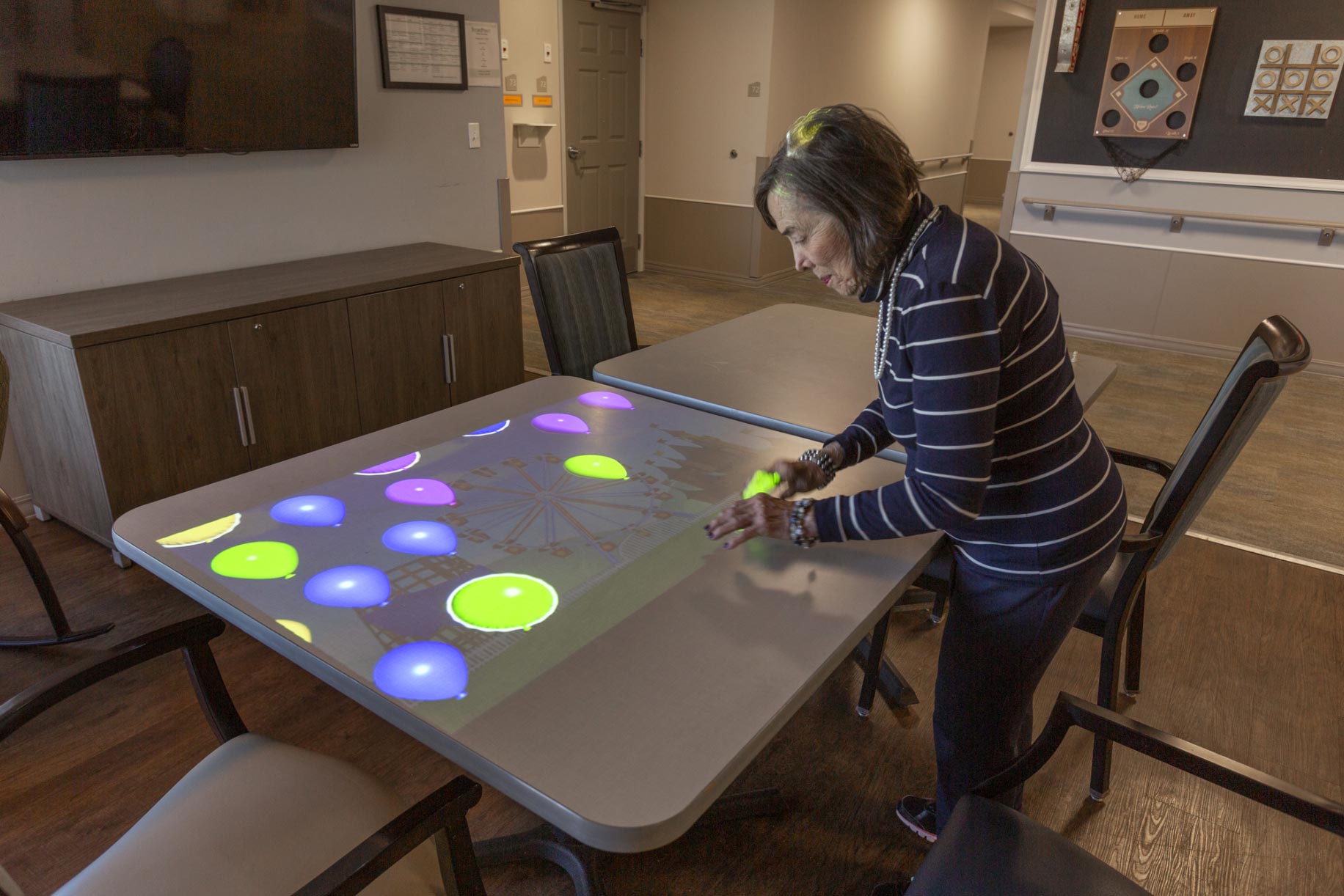Compassionate Groups Providing Relied On Alzheimers Care Charlotte Options
Compassionate Groups Providing Relied On Alzheimers Care Charlotte Options
Blog Article
Thoughtful Alzheimer's Take care of Your Liked Ones
Recognizing the psychological and emotional needs of people impacted by this problem is extremely important in improving their quality of life. As we explore the numerous approaches and techniques that can transform caregiving into an extra thoughtful experience, it comes to be clear that the trip is as much concerning the caretaker as it is about the individual with Alzheimer's.
Comprehending Alzheimer's Condition
Alzheimer's disease is a dynamic neurodegenerative condition that mostly impacts cognitive function, resulting in memory loss, impaired thinking, and modifications in habits. It is one of the most usual form of mental deterioration, making up 60-80% of all situations. The disease typically shows up in people matured 65 and older, although early-onset Alzheimer's can take place in younger individuals.
The pathophysiology of Alzheimer's entails the buildup of amyloid plaques and neurofibrillary tangles in the brain, leading to neuronal degeneration and synaptic loss. These adjustments interfere with interaction between brain cells, gradually hindering cognitive abilities and everyday performance. Early signs may consist of trouble keeping in mind current occasions and obstacles in problem-solving, which can rise to disorientation and trouble with language.
As the condition advancements, individuals might show extensive memory shortages, confusion concerning time and place, and difficulty identifying liked ones. Behavior adjustments, including withdrawal, anxiety, and anxiety, may additionally take place. Comprehending the professional progression of Alzheimer's is essential for caregivers and medical care companies, as it informs efficient management methods and interventions customized to the requirements of people impacted by this incapacitating condition.
The Significance of Compassionate Treatment
Compassionate care is necessary in sustaining people with Alzheimer's illness, as it significantly enhances their top quality of life. This approach prioritizes the psychological and psychological wellness of individuals, promoting an environment that advertises regard, understanding, and self-respect. Individuals with Alzheimer's typically experience stress and anxiety, confusion, and stress, which can be reduced with thoughtful communications.
Empathy in caregiving not only aids in acknowledging the special demands of each individual but likewise enhances the caregiver-patient partnership. When caretakers approach their roles with concern, they produce a secure space where individuals really feel valued and comprehended, which can reduce behavioral challenges connected with the illness. This supportive environment motivates far better interaction and interaction, assisting in an extra reliable feedback to the care offered.
Additionally, thoughtful treatment extends past the patient; it also incorporates support for families. Caretakers that exercise compassion are extra outfitted to address the psychological concern dealt with by liked ones, providing reassurance and support through a tough trip. Eventually, the significance of compassionate care lies in its capacity to transform the caregiving experience, resulting in boosted results for both individuals with Alzheimer's and their households.
Practical Caregiving Approaches
Reliable caregiving for individuals with Alzheimer's condition requires useful approaches that address the special challenges postured by the condition. Among the primary strategies is establishing a constant day-to-day routine, which can offer structure and experience, minimizing stress and anxiety for both the caretaker and the individual. Caretakers should also streamline tasks by breaking them down into smaller sized, workable steps, therefore improving the individual's feeling of success and minimizing irritation.
Communication is another important facet; caretakers must utilize clear, basic language and preserve eye get in touch with to cultivate understanding. Making use of visual cues, such as pictures or labels, can even more assist understanding and navigating in the environment.
Safety is extremely important. Adapting the living area to eliminate hazards-- such as mounting or safeguarding rugs grab bars-- can help protect against accidents. Furthermore, caretakers must urge independence by enabling individuals to involve in familiar tasks, which can reinforce self-esteem and promote health.
Psychological Assistance Strategies
Psychological wellness is an important component of treatment for individuals with Alzheimer's condition, as it directly affects their lifestyle. Alzheimers Care Charlotte. Giving psychological support techniques can dramatically improve their everyday experiences and foster a complacency and belonging
One effective technique is active listening, which includes giving complete focus to the individual, recognizing their feelings, and reacting with compassion. This technique helps the individual feel valued and recognized, decreasing sensations of isolation or irritation. Furthermore, using validation therapy can be helpful; instead of remedying misconceptions, caretakers can affirm the individual's experiences and feelings, promoting anonymous a calming setting.
Participating in memory treatment is another effective method, allowing people to share feelings, stories, and memories related to their past. This not only promotes cognitive feature yet likewise enhances emotional links. Incorporating acquainted songs my company or art can likewise evoke positive emotions and trigger cheerful communications.
In addition, making sure normal physical touch, such as holding hands or gentle hugs, can offer convenience and confidence, reinforcing emotional bonds. These methods, when constantly applied, can develop a nurturing atmosphere that supports the emotional wellness of people with Alzheimer's, improving their general wellness.
Producing a Supportive Environment

To start with, take into consideration the physical format of the home. Clutter-free locations, familiar furniture setups, and well-defined paths can lower complication and advertise movement. Making use of calming shades and sufficient lighting can better enhance the environment, making it more welcoming and less frightening.
Second of all, consistency is crucial. Keeping a foreseeable day-to-day routine aids people with Alzheimer's feeling extra safe. Acquainted activities, routine meal times, and set up social communications can considerably decrease stress and anxiety and disorientation.
Additionally, sensory components play an essential duty. Incorporating familiar aromas, music, and tactile items can stimulate positive memories and promote engagement. Personalizing the room with treasured photos and significant things can additionally cultivate her explanation a feeling of identification.
Verdict
Compassionate Alzheimer's care dramatically boosts the quality of life for people affected by this modern illness. Ultimately, this approach not just gives important convenience and assistance however also empowers individuals to navigate the intricacies of Alzheimer's with self-respect and elegance.
As we explore the different methods and methods that can transform caregiving right into a much more caring experience, it comes to be clear that the trip is as much regarding the caretaker as it is concerning the individual with Alzheimer's.

Compassionate treatment is vital in supporting people with Alzheimer's disease, as it dramatically improves their top quality of life - Alzheimers Care Charlotte. Eventually, the relevance of thoughtful treatment exists in its ability to transform the caregiving experience, leading to enhanced results for both people with Alzheimer's and their families
Compassionate Alzheimer's treatment considerably improves the top quality of life for individuals influenced by this dynamic condition.
Report this page